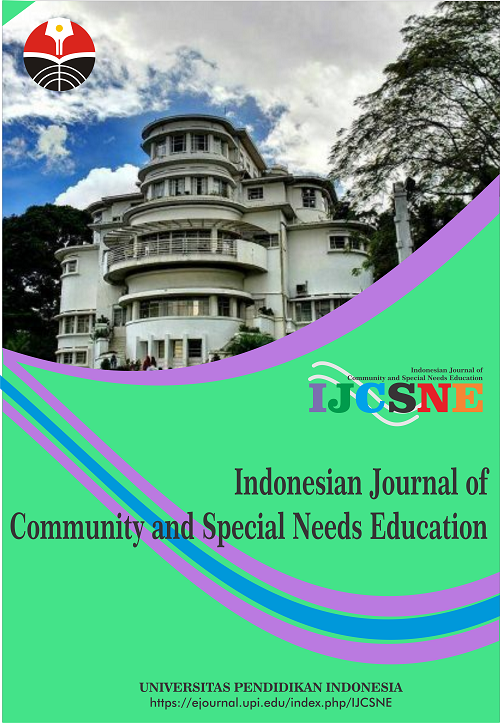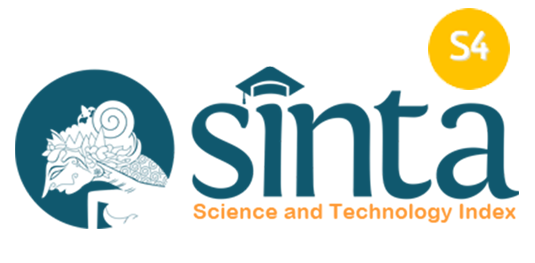Analysis of Guidance and Counseling Teacher Skills Using Self-Assessment Techniques
Abstract
Keywords
Full Text:
PDFReferences
Astuti, L. P. (2021). The role of guidance and counseling services in individual counseling during the covid-19 pandemic. International Journal of Applied Guidance and Counseling, 2(1), 25-30.
Barden, S. M., and Greene, J. H. (2015). An investigation of multicultural counseling competence and multicultural counseling self-efficacy for counselors-in-training. International Journal for the Advancement of Counselling, 37, 41-53.
Brooks, A. W., Gino, F., and Schweitzer, M. E. (2015). Smart people ask for (my) advice: seeking advice boosts perceptions of competence. Management Science, 61(6), 1421-1435.
Dahlan, S. (2021). Self-assessment-based counseling: A further study planning service in high school. International Journal of Instruction, 14(1), 411-426.
Farley, N. (2017). Improvisation as a meta-counseling skill. Journal of Creativity in Mental Health, 12(1), 115-128.
Fauziah, F., Wiyono, B. B., Triyono, T., and Lasan, B. B. (2019). Establishing peer-counseling through peer interpersonal communication in the school environment. European Journal of Education Studies. 7 (6), 530-540
Heinonen, E., and Nissen-Lie, H. A. (2020). The professional and personal characteristics of effective psychotherapists: A systematic review. Psychotherapy Research, 30(4), 417-432.
Lai-Yeung, S. W. C. (2014). The need for guidance and counselling training for teachers. Procedia-Social and Behavioral Sciences, 113, 36-43.
Merriman, J. (2015). Enhancing counselor supervision through compassion fatigue education. Journal of Counseling and Development, 93(3), 370-378.
Nassaji, H. (2015). Qualitative and descriptive research: data type versus data analysis. Language teaching research, 19(2), 129-132.
Rodda, S., and Lubman, D. I. (2014). Characteristics of gamblers using a national online counselling service for problem gambling. Journal of Gambling Studies, 30, 277-289.
Saputra, W. N. E., and Widiasari, S. (2016). Acceptance and commitment therapy: the new wave of cognitive behavior therapy. Indonesian Journal of School Counseling, 1(1), 1-5.
Sari, N. P., Setiawan, M. A., and Andriani, R. (2020). Modeling techniques in counseling in high school to improve the behavior prosocial. Jurnal Konseling dan Pendidikan, 8(2), 92-97.
Schiele, B. E., Weist, M. D., Youngstrom, E. A., Stephan, S. H., and Lever, N. A. (2014). Counseling self-efficacy, quality of services and knowledge of evidence-based practices in school mental health. Professional Counselor, 4(5), 467-480.
Supriyanto, A., Hartini, S., Syamsudin, S., and Sutoyo, A. (2019). Indicators of professional competencies in research of guidance and counseling teachers. Counsellia: Jurnal Bimbingan dan Konseling, 9(1), 53-64.
Topuz, C., and Arasan, Z. (2014). Self-awareness group counseling model for prospective counselors. Procedia-Social and Behavioral Sciences, 143, 638-642.
DOI: https://doi.org/10.17509/ijcsne.v2i2.60155
Refbacks
- There are currently no refbacks.
Copyright (c) 2023 Universitas Pendidikan Indonesia

This work is licensed under a Creative Commons Attribution-ShareAlike 4.0 International License.















